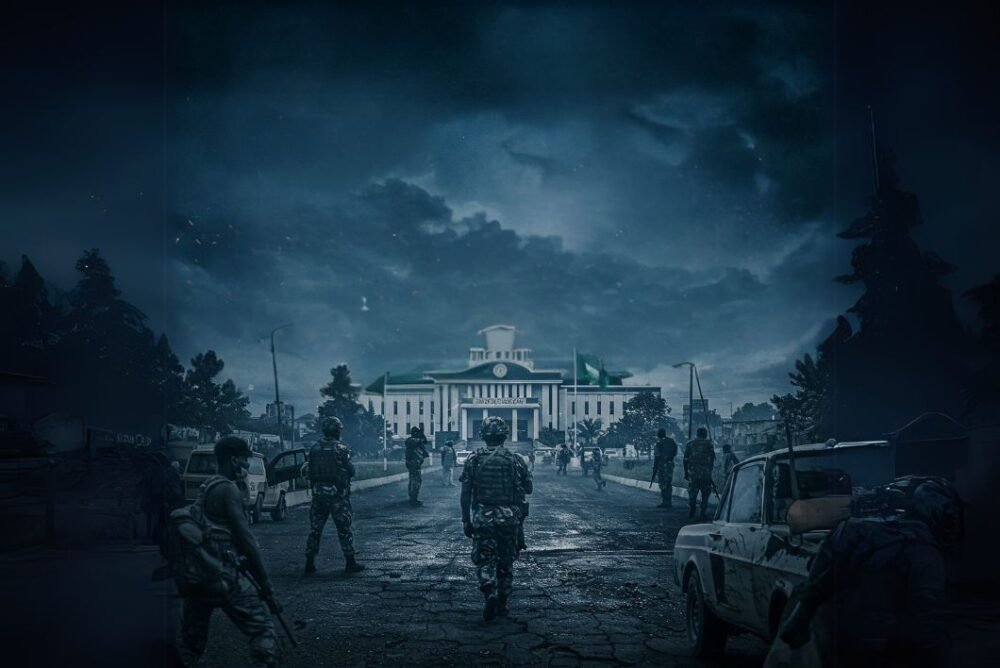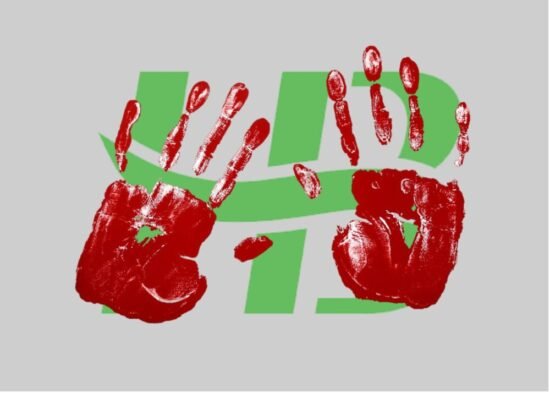President Bola Tinubu’s recent decision to declare a state of emergency in Rivers State and suspend both the executive and legislative branches of government has sparked intense debate. The situation reminds me of the biblical story of King Solomon and the two mothers who claimed the same child – I’ll explain later in this article.
From the moment Siminalayi Fubara was sworn in as governor, tensions arose between him and his predecessor, Nyesom Wike. The rift quickly escalated as members of the Rivers State House of Assembly took sides, with the majority aligning with Wike. Their goal was to pressure the sitting governor into accepting Wike’s demands, using the threat of impeachment as leverage.
In response, the governor took drastic measures. He approved the demolition of the state assembly complex under the pretext of renovation. He also removed lawmakers loyal to Wike, justifying their removal on the grounds of defection from the People’s Democratic Party (PDP). This triggered a series of legal battles and media clashes, escalating tensions in the state. Violence ensued, leading to casualties on both sides. The Supreme Court then issued two critical rulings that intensified the crisis:
- Freezing Rivers State’s federal allocations, as the constitution prohibits the government from spending without approval from the House of Assembly.
- Reinstating the sacked lawmakers, instructing the governor to present the state budget to them.
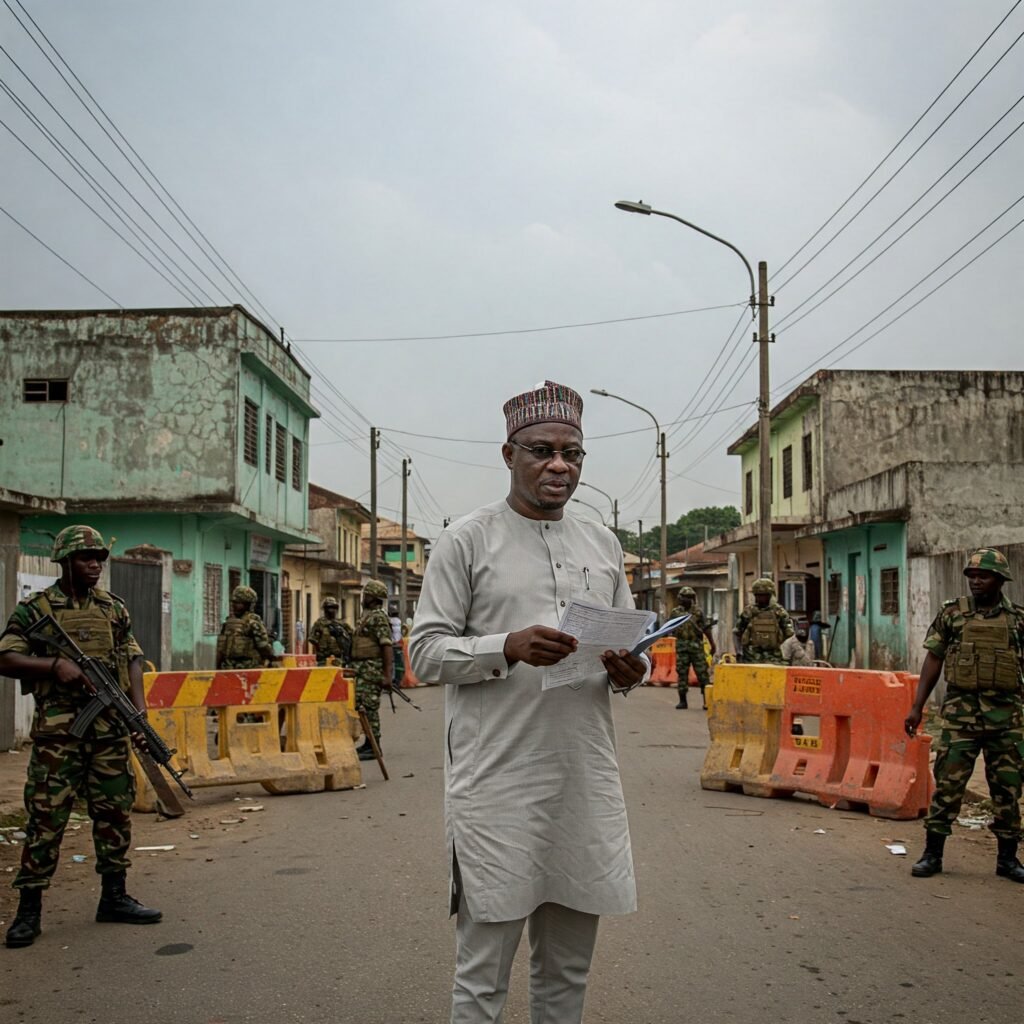
Following their reinstatement, the lawmakers, seeking retribution, began discussing the possibility of impeaching Fubara. This triggered threats of violence from non-state actors, who warned that any attempt to impeach the governor would be met with force. These threats seemingly materialised when a pipeline was blown up in Bayelsa State, prompting President Tinubu’s intervention.
The Declaration of a State of Emergency
The Nigerian Constitution clearly outlines the conditions under which the president can declare a state of emergency in Section 305. The key question is: Were these conditions met? Given the events above, was the president justified in declaring a state of emergency in Rivers?
To put things into perspective, let’s compare this with the broader security landscape in Nigeria. As I write, hundreds of Nigerians are being killed in states including Benue, Borno, and Yobe. Some of these incidents make the news, but many go unreported. Flip through any Nigerian newspaper, and you’ll find stories of widespread insecurity. In comparison, the situation in Rivers is minor.
Another argument in favour of the state of emergency is that pipeline vandalism directly impacts Nigeria’s oil-dependent economy. However, insecurity is a major driver of food insecurity in Nigeria, which poses an existential threat to the country. By that logic, the government should have declared multiple states of emergency over the years due to the recurring attacks on farming communities.
Lastly, the claim that a breakdown of the rule of law justifies this intervention is also weak. If the breakdown of law and order were the standard, Nigeria would be in a perpetual state of emergency. Every day, the judiciary and legislature contribute to legal and constitutional crises. The selective enforcement of the rule of law only reinforces cronyism and deepens systemic corruption. So why does Rivers State warrant such extreme intervention when far worse crises persist elsewhere?
Let’s pause and talk about the suspension of the governor and legislature, which is even more troubling. Section 305 of the Constitution does not grant the president the power to suspend elected officials.
It is even more ironic that a president who once fought for democracy under Abacha’s military rule and previously criticised past presidents for invoking Section 305 now believes suspending elected officials aligns with the democratic principles he fought to protect. Worse still, he imposed a military administrator on the state, undermining his own fight against military rule and democracy itself.
That said, Fubara is not blameless. I have a saying: When someone wants to stab you in the back, don’t hand them the knife. His actions, including the demolition of the state assembly and the removal of lawmakers, were unconstitutional and contributed to the crisis. But two wrongs don’t make a right. Addressing illegality with another act of illegality sets a dangerous precedent.
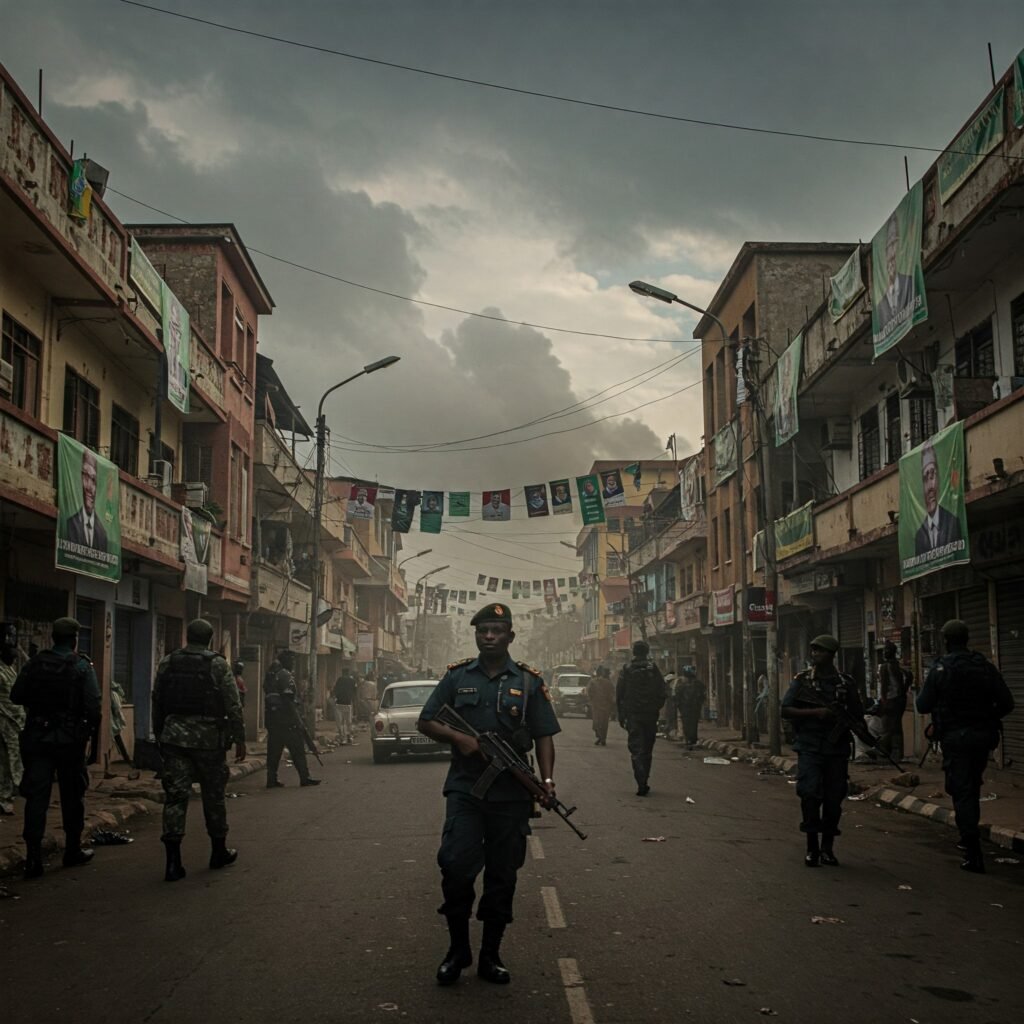
A Disturbing Pattern: Tinubu Is Not the First to Do This
While many see Tinubu’s move as unprecedented, it is not the first time a Nigerian president has declared a state of emergency and suspended a governor.
- May 2004: President Olusegun Obasanjo imposed a state of emergency in Plateau State after religious violence killed over 600 people. He removed Governor Joshua Dariye and appointed a retired general as interim administrator. At the time, Tinubu, then Lagos governor, condemned the decision as illegal.
- October 2006: The same president, Obasanjo, declared a state of emergency in Ekiti State, removing Governor Ayo Fayose over corruption allegations. Despite widespread corruption investigations into multiple governors, he singled out Ekiti for action.
Since Obasanjo left office, no Nigerian president has suspended a governor under Section 305 – until Tinubu.
Is This Even Legal?
From a constitutional standpoint, the legality of the suspension is unclear. The Supreme Court has never explicitly ruled on whether a president has the power to suspend a governor under Section 305.
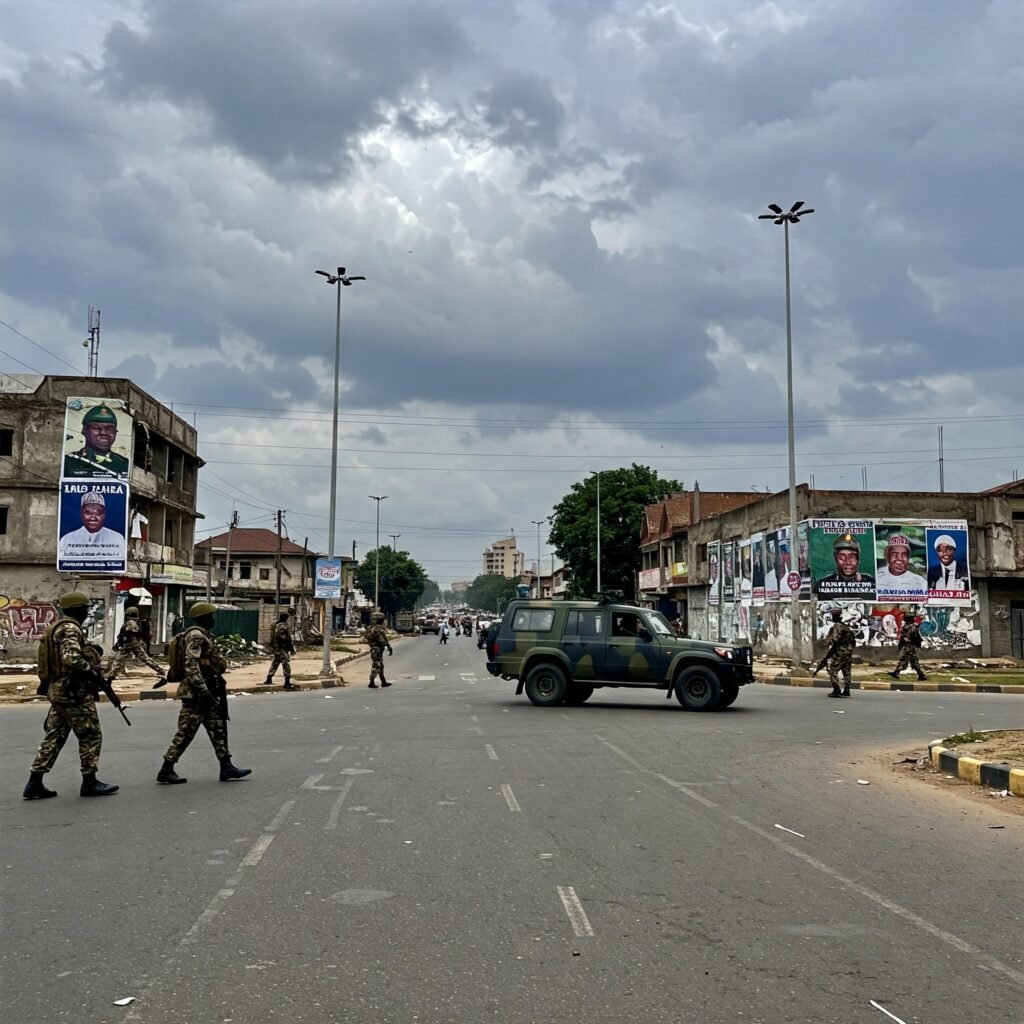
In 2004, after President Obasanjo suspended Joshua Dariye and the state legislature in Plateau, the Plateau government challenged the decision at the Supreme Court. However, in 2006, the court dismissed the case on jurisdictional grounds, ruling that it had not been properly filed. The court never ruled on the constitutionality of Dariye’s suspension, meaning the legal question remains unresolved.
This presents an opportunity – one that the PDP governors have already seized – to challenge the constitutionality of Tinubu’s decision in court.
The Real Motive: Cronyism Disguised as National Interest
Now, back to Solomon and the two women. Imagine if Solomon had cut the child in half to satisfy both women, as he proposed. Who would the act have served?
By declaring a state of emergency and suspending the governor and legislature, cutting the child in two is exactly what Tinubu has done – favouring Wike, his ally and one of the parties who fomented this crisis, while disregarding the people of Rivers State.
At its core, it reeks of political favouritism. Tinubu, a president struggling with unpopularity and a trust deficit, appears to have made this move to protect the interests of his ally, rather than uphold democracy. The fact that the suspended Rivers State assembly members, loyal to Wike and meant to be custodians of democracy, celebrated this decision only strengthens the argument that this is about preserving political interests, not protecting the people of Rivers State.
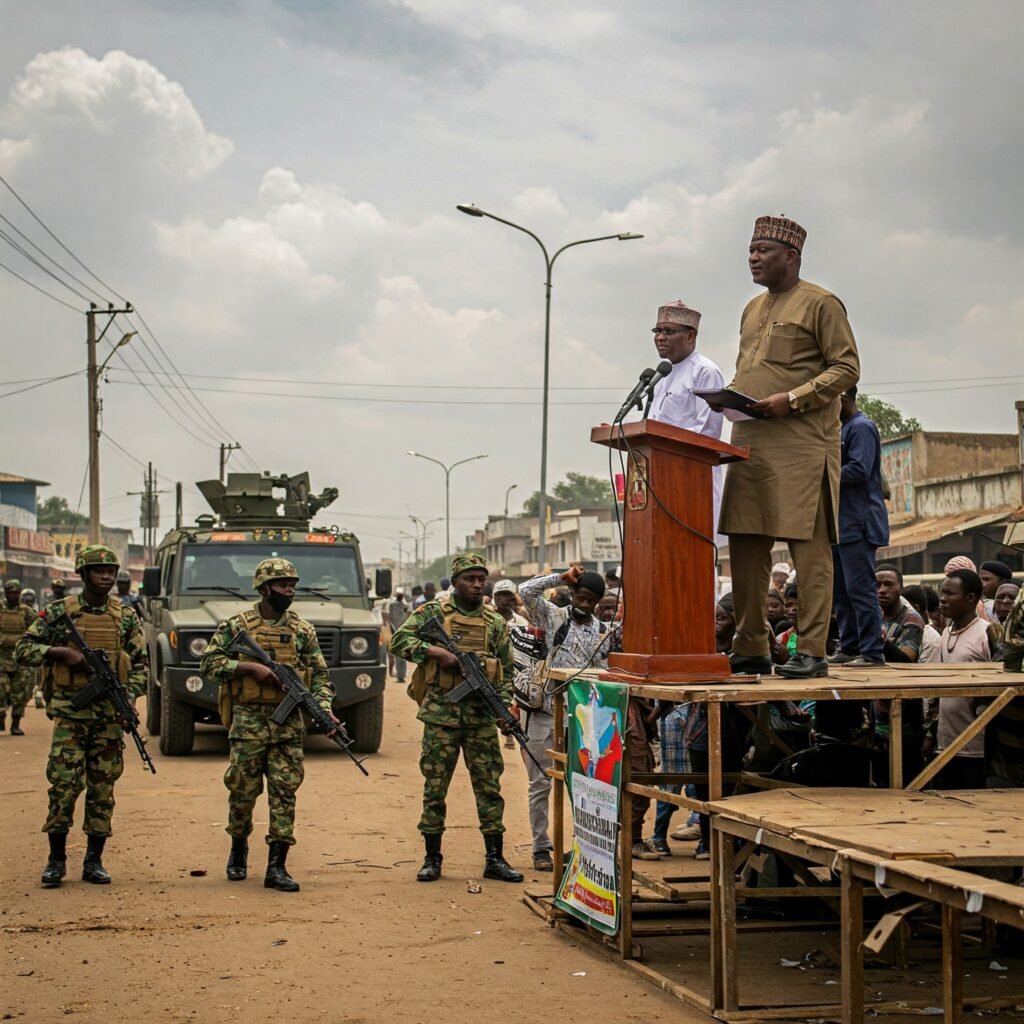
The Dangerous Precedent
For those who justify wrongdoing by pointing to past occurrences, let me be clear: this perpetuates a dangerous precedent for Nigeria’s democracy. Yesterday, it was Plateau and Ekiti. Today, it is Rivers State. Tomorrow, it could be Delta, Lagos, or any other state. If left unchecked, future presidents may exploit this loophole to suppress opposition and tighten their grip on power.
What Happens Next?
The onus now lies with the Supreme Court to settle this issue once and for all and clearly define the president’s powers in this matter. More importantly, in a democracy, no president should have the authority to unilaterally suspend elected officials. If the Supreme Court errs in favour of the executive, the legislature must act to amend the Constitution and prevent future abuses of power. If left unchecked, this could signal the slow erosion of democracy in Nigeria – one state of emergency at a time.


